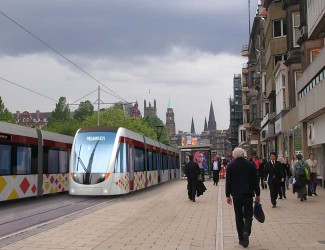Durability of Mediated Settlements and More
In what I hope readers of this blog will consider a deft segue, I want to shift from the successful judicial mediation that I highlighted last month to one that didn’t proceed quite so smoothly. Deals negotiated in mediation tend to hold or, at least, that’s been the conventional wisdom. The theory is that because…


